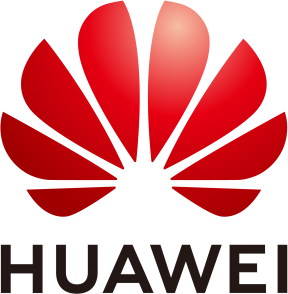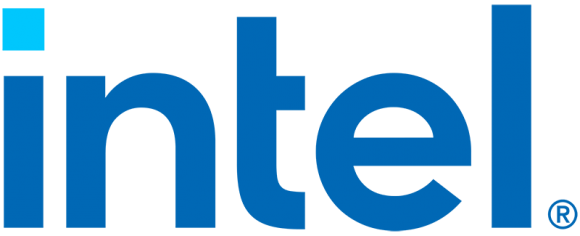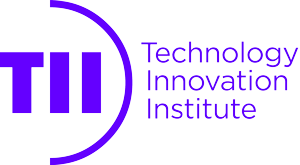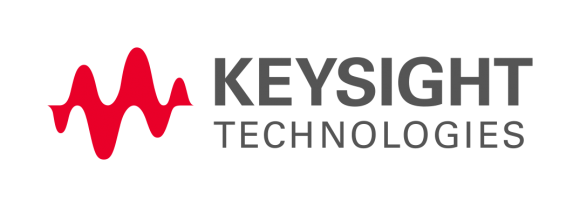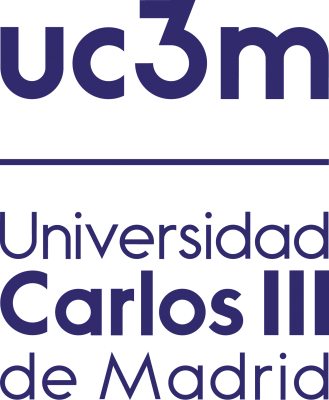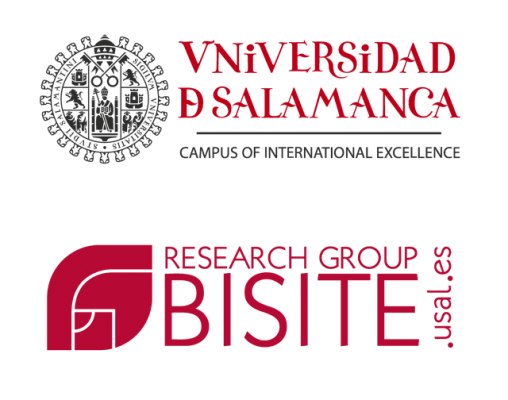WELCOME
The 3rd workshop on Future wireless access for Industrial IoT (FutureIIoT) will be held in conjunction with the IEEE Globecom conference, in Madrid, Spain, in December 2021.

Motivation and Scope
Automation and edge computing are rapidly evolving to allow integration with artificial intelligence and software automated control to increase productivity of future industrial and cyber-physical systems. To this end, wireless transformation is envisioned to enable a highly flexible and dynamically re-configurable environment for various use cases, including, industrial internet-of-things (IIoT), smart grid, mobility and traffic, healthcare, entertainment and gaming. This calls for dependable, reliable and real-time networking for seamless integration of the digital world with the physical world. Ultra-reliable and low-latency communications (URLLC) paved the way towards those extreme networking visions in the 5G era. Current efforts are spent on enabling advanced communication technologies for massive-scale production-line automation and process monitoring for the highly anticipated industrial revolution, industry 4.0. In this regard, largely different industry verticals have joined forces with the telecommunication industry and academia.
The 3rd workshop on future wireless access for industrial IoT (FutureIIoT) aims to bring together the researchers and visionaries from academia and industry to share their recent findings. We seek paper submission in relevant fields, including the following:
- Fundamental trade-offs for reliable communication; Communications protocols for IIoT
- Channel measurements and channel modeling in industrial environments
- Potentials and challenges of ultra-reliable low-latency communications in unlicensed frequency bands
- Joint communication and control design
- IIoT applications, use cases and quality of service (QoS) frameworks
- Age of Information, service availability and survival time; novel QoS characteristics for telecommunications
- Enhancements for industrial wireless communication, including time-sensitive networks, quality of service frameworks, real-time closed-loop control applications
- Coexistence of URLLC with enhanced mobile broadband (eMBB) and internet of things (IoT) through scheduling techniques, network slicing, etc.
- Network cybersecurity; physical layer security; jamming prevention, detection and mitigation for industrial wireless control
- Cooperative communication and device-to-device (D2D) relaying for URLLC; multi-connectivity, coordinated multi-point (CoMP) and distributed diversity techniques; distributed space-time and space-frequency diversity
- Fast and reliable simulation through sampling techniques such as importance sampling and Markov chain Monte Carlo (MCMC)
- Experimental verification of 5G in industrial scenarios; Proof of concept (PoC) results for URLLC, isochronous networking, and wireless motion control
- Localization, sensing and joint communication and sensing algorithms
- Advances in multi-antenna systems and MIMO technology for reliable communication
- Suitability and challenges of mmWave and THz communication in industrial environments
- Private 5G network architectures and operating models for the IIoT
- Communication for unmanned areal vehicles (UAVs), robot fleets, and remotely-/automated guided vehicles
- Suitability of virtualized radio access networks / Open RAN for private 5G networks in industry
- Exploiting artificial intelligence (AI) and advanced machine learning (ML) techniques in enabling URLLC
- Ultra-wide band (UWB) communications for high capacity and extreme low latency
- Advanced channel coding; Optimized low-latency decoders for short packet communication
- Initial and random-access procedures for reliable and real-time access
- Large system analysis and evaluation studies for E2E latency reduction
- Waveform design for low latency communication
- Ultra low-latency Access techniques for massive URLLC
Important Dates
- Workshop paper submission deadline:
July 15, 2021August 14, 2021 - Workshop paper decision date: September 15, 2021
- Camera-ready due: October 8, 2021



